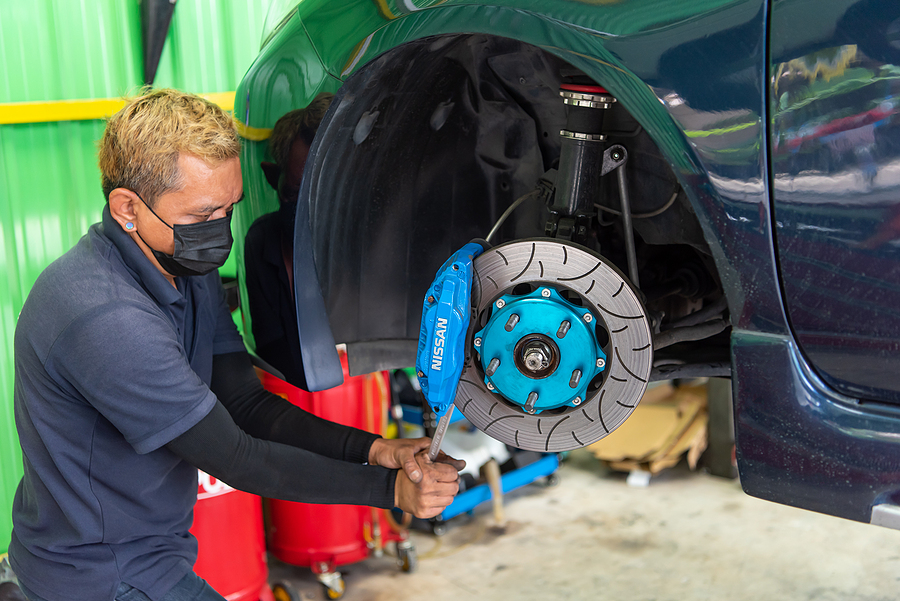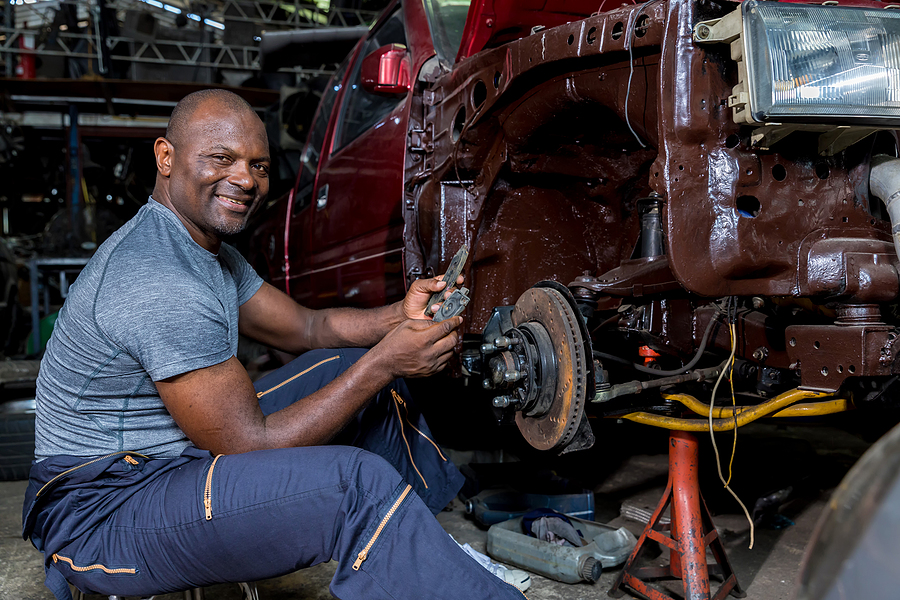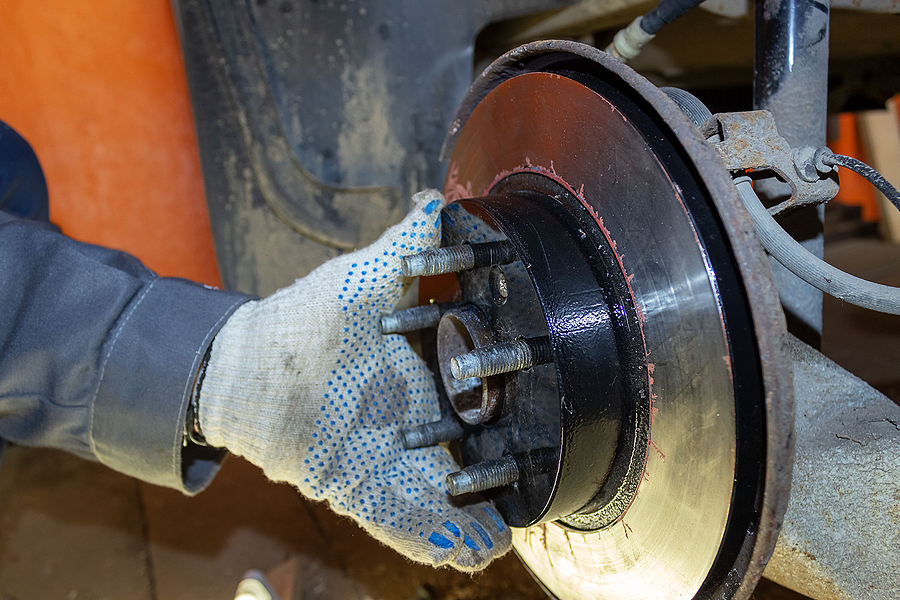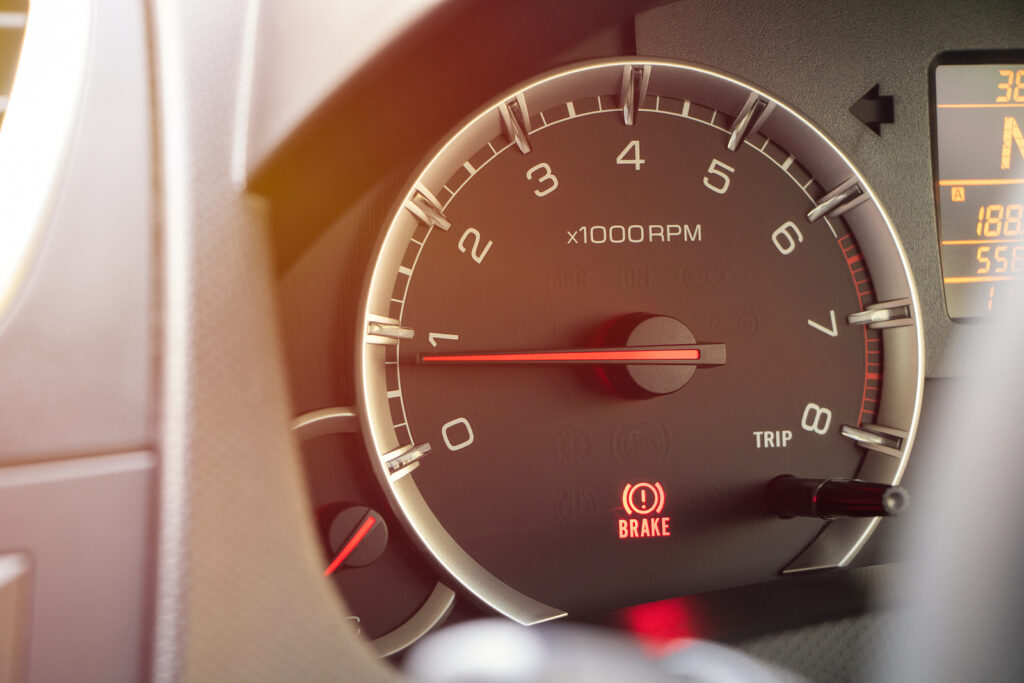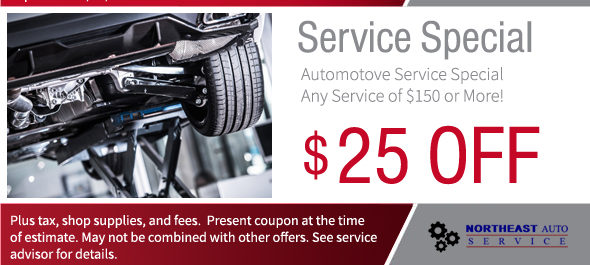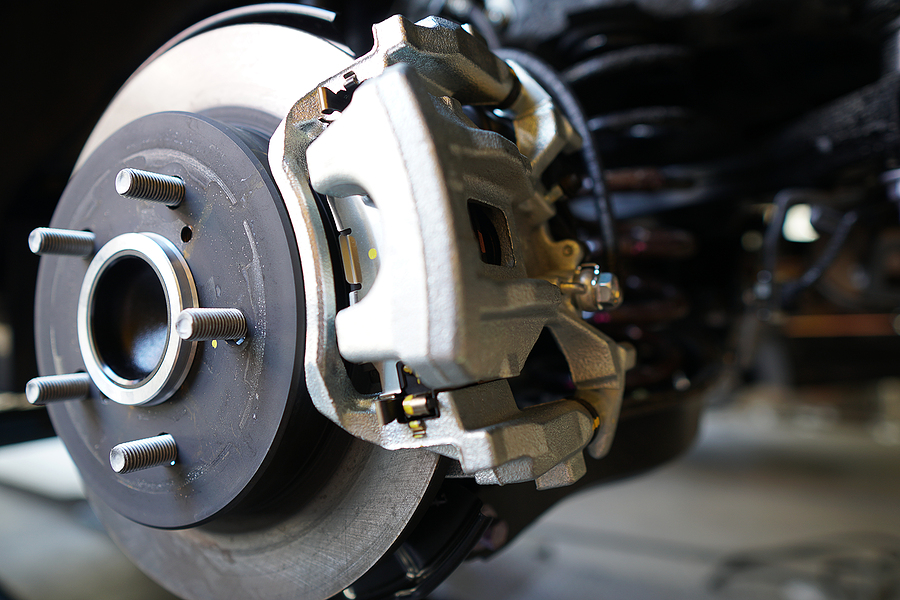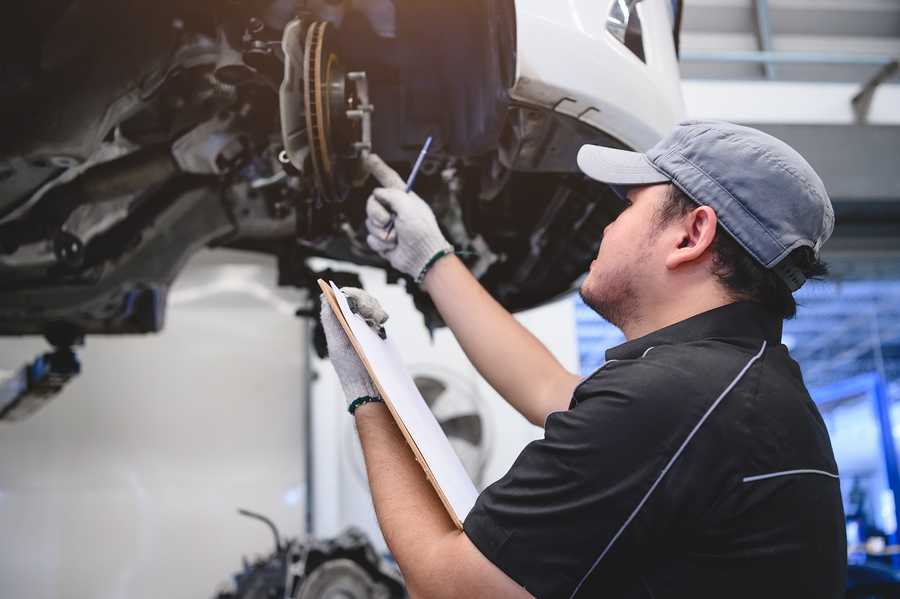Safety should always be a top priority when it comes to driving, and nothing screams safety louder than well-functioning brake pads in your vehicle. As critical auto parts, brake pads play an indispensable role in your car’s braking system. They help you control your vehicle’s speed, make emergency stops, and keep you safe on the road.
This comprehensive guide is designed to help you navigate the world of brake pads. Whether you’re a seasoned driver or a novice, understanding what makes the best brake pads can give you peace of mind and make your driving experience safer and more enjoyable. Let’s dive in and find out how to choose the right brake pads for your vehicle.
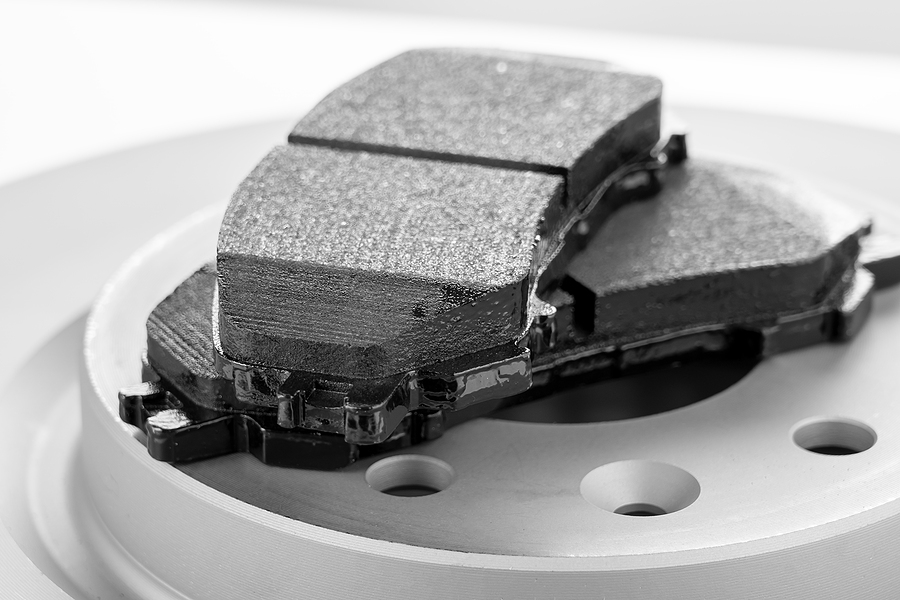
Types of Brake Pads
First and foremost, you need to understand the different types of automotive brake pads available on the market. Most vehicles come equipped with either ceramic or metallic brakes pads, though other options are available as well, such as semi-metallic brake pads.
Ceramic Brake Pads: Ceramic brake pads offer a softer touch when braking compared to metallic brake pads. They are great for long-term durability and offer superior noise reduction when braking.
Metallic Brake Pads: Metallic brake pads provide maximum stopping power under extreme conditions such as downhill braking or heavy loads on your vehicle. These brake pads tend to be noisier than ceramic ones but will last longer in the long run.
Semi-Metallic Brake Pads: Semi-metallic brake pads are a hybrid of ceramic and metallic brake pads, offering a combination of the performance benefits of both materials.
Factors to Consider When Choosing Brake Pads
Now that you understand the different types of brake pads available, there are some key factors to consider when choosing which ones are best for your vehicle.
Material: The type of material a brake pad is made from will determine its performance and longevity. Ceramic, metallic, and semi-metallic pads all provide different levels of braking power and noise reduction depending on the situation. It’s important to consider how often you use your brakes and what type of environment they are in when making this decision.
Fit: Different brake pads come in different sizes and are specifically designed to fit certain makes and models of vehicles. Be sure to measure the brake pad’s dimensions before purchase to ensure a proper fit for your vehicle.
Durability: The durability of a brake pad depends largely on its material, but it is also important to consider the manufacturer as well. Check reviews and ratings online before making your purchase to get a better idea of how long a particular brake pad is expected to last.
Price: Brake pads can range anywhere from a few dollars per set up to hundreds depending on the type and manufacturer. Be sure to compare prices between different brands to find the best deal for your budget.
Maintenance Tips
Once you’ve chosen the right brake pads for your vehicle, it’s important to maintain them properly. This includes cleaning and lubricating the brake calipers regularly as well as inspecting the brakes for any signs of wear or damage. It’s also a good idea to check the contact surface of the brake pad for any irregularities that could affect braking performance.
Finally, never forget to check your brakes for any signs of wear and tear before heading out on the road. This could include any unusual noises, vibrations, or increased stopping distances when applying the brakes. These are all signs that it may be time to replace your brake pads.
In Summary
Now that you have a better understanding of how to choose the right brake pads for your vehicle, you can be sure of a safer and more enjoyable ride. Follow these tips and you’ll be well on your way to staying safe on the road.
Are you looking to replace your brake pads soon? Get the best deals at Northeast Auto Service. Contact us at 317-475-1846 for professional car brake service and repair in Indianapolis, Indiana. Don’t forget to check out our automotive service coupons too!
Related Posts:
10 Tips for Keeping Your Brakes in Good Condition
Top 4 Signs of Failing Car Brakes
How to Inspect Your Car Brakes

